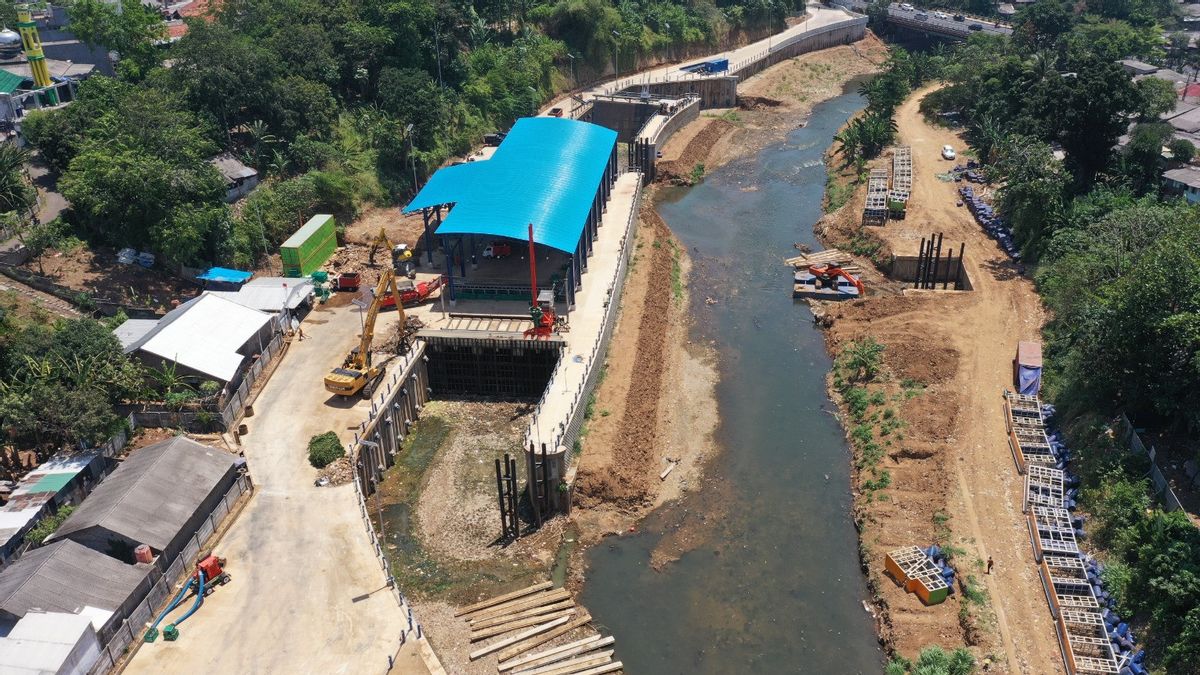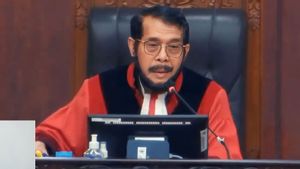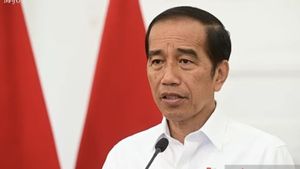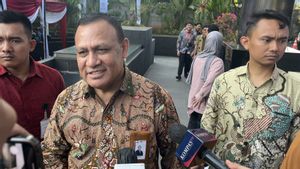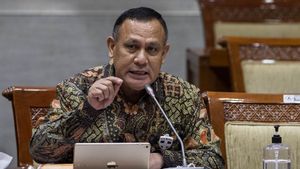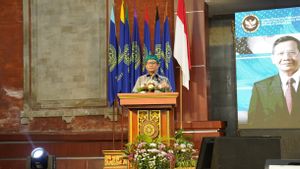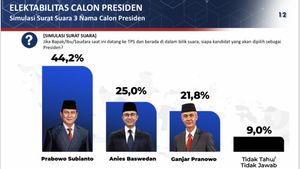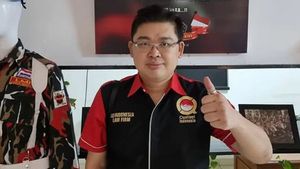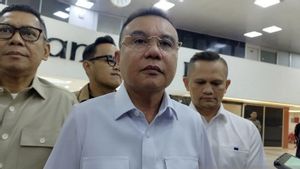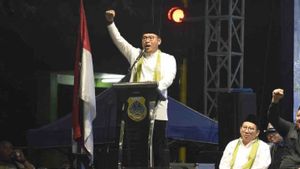JAKARTA - Head of the DKI Jakarta Environmental Agency, Asep Kuswanto, targets a reduction of 24 percent of waste in the flow of water bodies that cross Jakarta to be reduced thanks to the construction of waste filters.
Currently, the DKI Provincial Government is completing the construction of waste in the Ciliwung River flow in the Simatupang TB segment. The project development, which has been planned since the end of 2018, has been delayed due to the COVID-19 pandemic. The project with a budget of IDR 195 billion will only be implemented in 2022.
Then, the DKI Provincial Government also plans to build a waste sieve project in the Pesanggrahan River and sieve of garbage in Muara Teluk Jakarta.
"For now, the amount of waste that can be processed or reduced from the water agency is 6,249 tons or 10 percent. However, Asep targets that the waste in the water agency can be reduced by 27 percent by 2024, with the construction of waste sieves in two locations (others)," Asep said in his statement, Tuesday, October 10.
Asep explained that the pile of garbage in the water agency filtered using this project will be sorted, and processed, before being transported to the Bantar Gebang Integrated Waste Processing Site (TPST).
The reductions were carried out, such as inorganic waste sorting, making composting, and maggot bioconversion. The remaining water body waste that cannot be processed after filtering, such as styrofoam, packaging packs, diapers, and others, we transport to Bantar Gebang," explained Asep.
VOIR éGALEMENT:
In addition to increasing the number of waste filters in the water agency, Asep added, maintenance of facilities and infrastructure is also continuously carried out, one of which is existing waste filtering.
Until the third quarter, waste sieve maintenance has been carried out in ten locations, namely the Lagoa Tirem River, Sunter 3 Reservoir Inlet, Klender Pioneer, Secretary, Kali Grogol Pal Merah, Sentiong River, Mookevart River, Sunter Kresek River, Tomang Reservoir Inlet, and East Kalibaru Cililitan PGC," he explained.
The number of waste deposits originating from water bodies in Jakarta was recorded at 62,979.3 tons. For this reason, Asep appealed to the public to participate in reducing, sorting, and processing waste in their respective environments.
We will try to add infrastructure to reduce waste. We also invite the public to care about the waste produced. Reduce, sort, and process waste can start from home by yourself," he added.
The English, Chinese, Japanese, Arabic, and French versions are automatically generated by the AI. So there may still be inaccuracies in translating, please always see Indonesian as our main language. (system supported by DigitalSiber.id)
